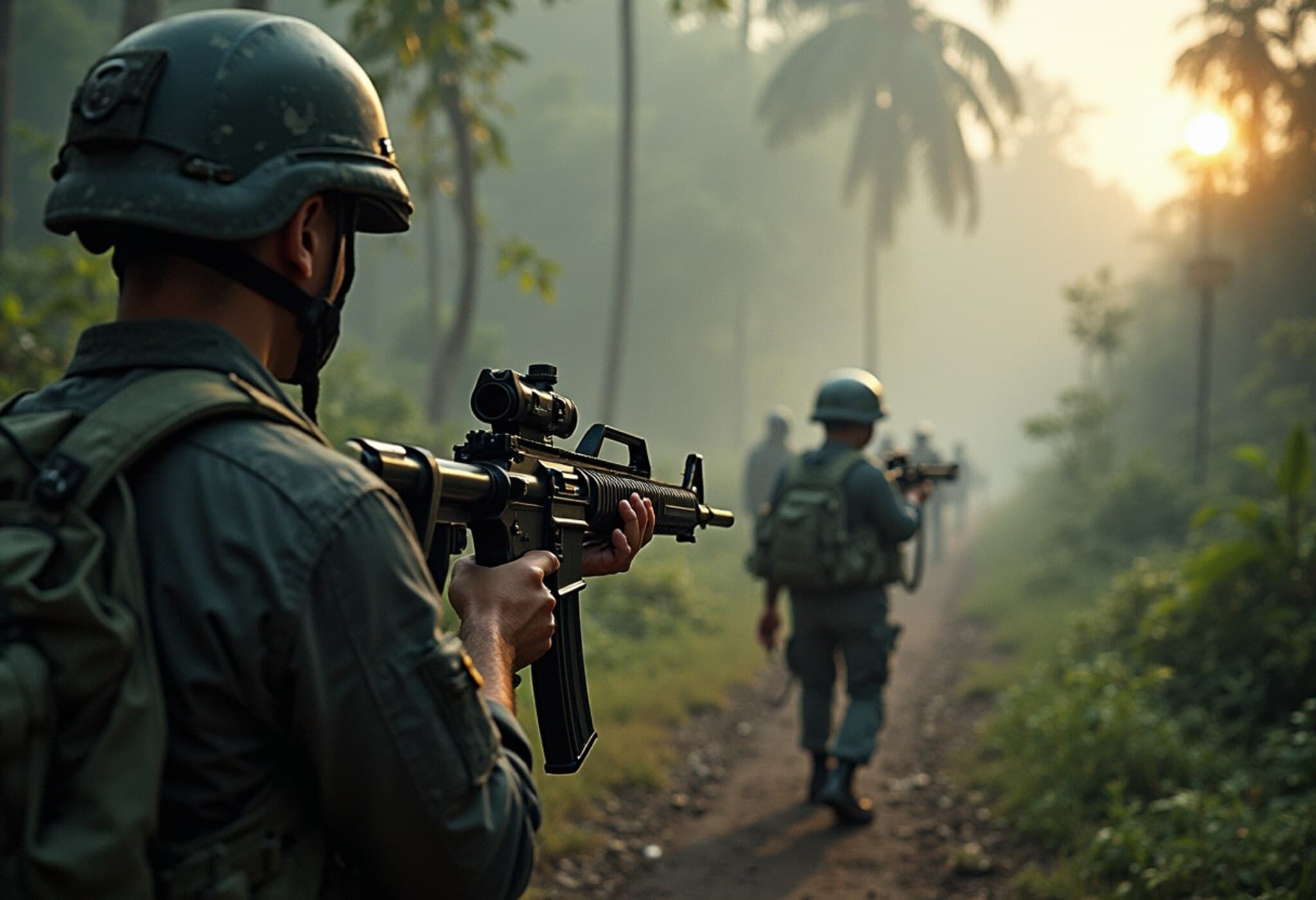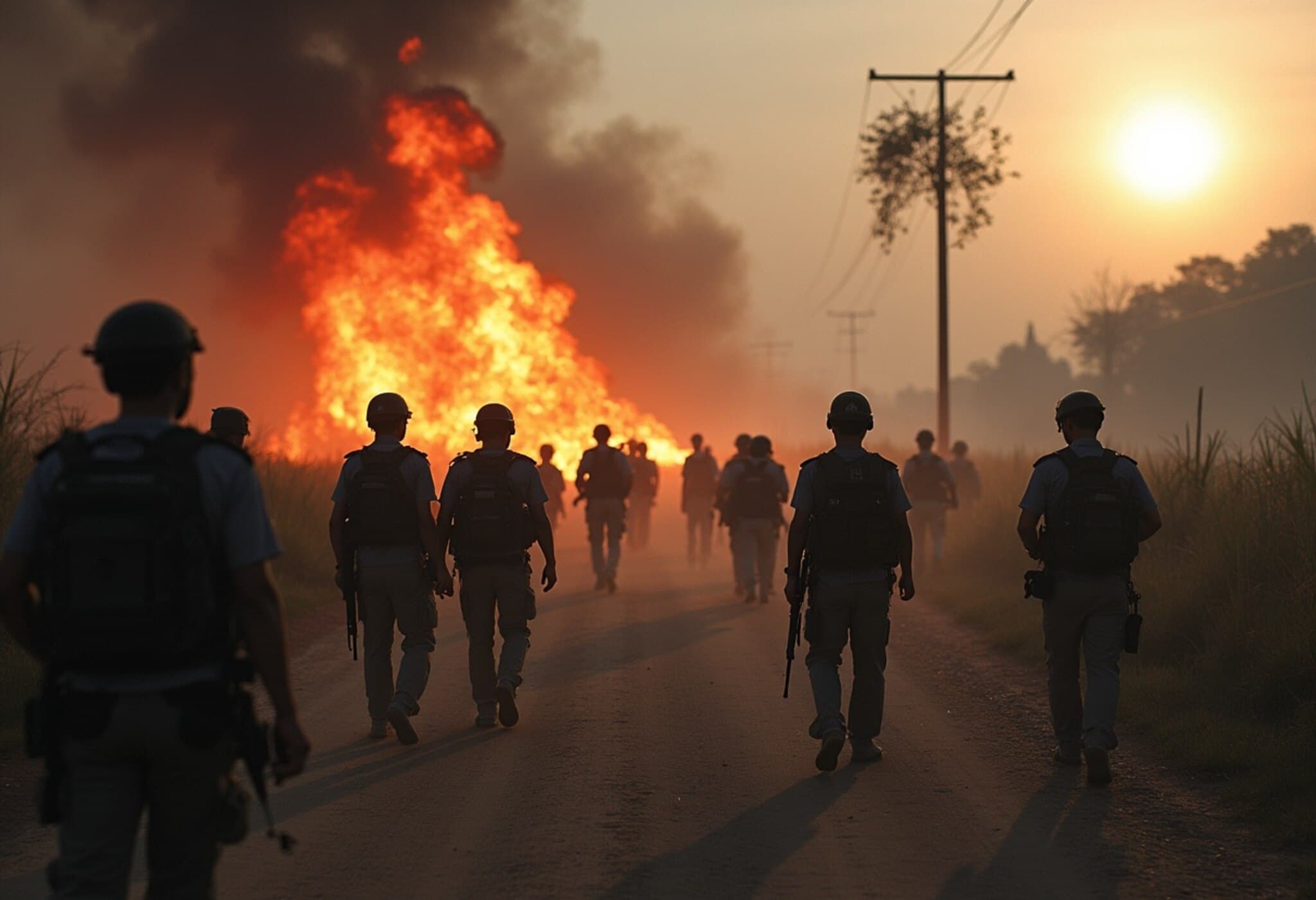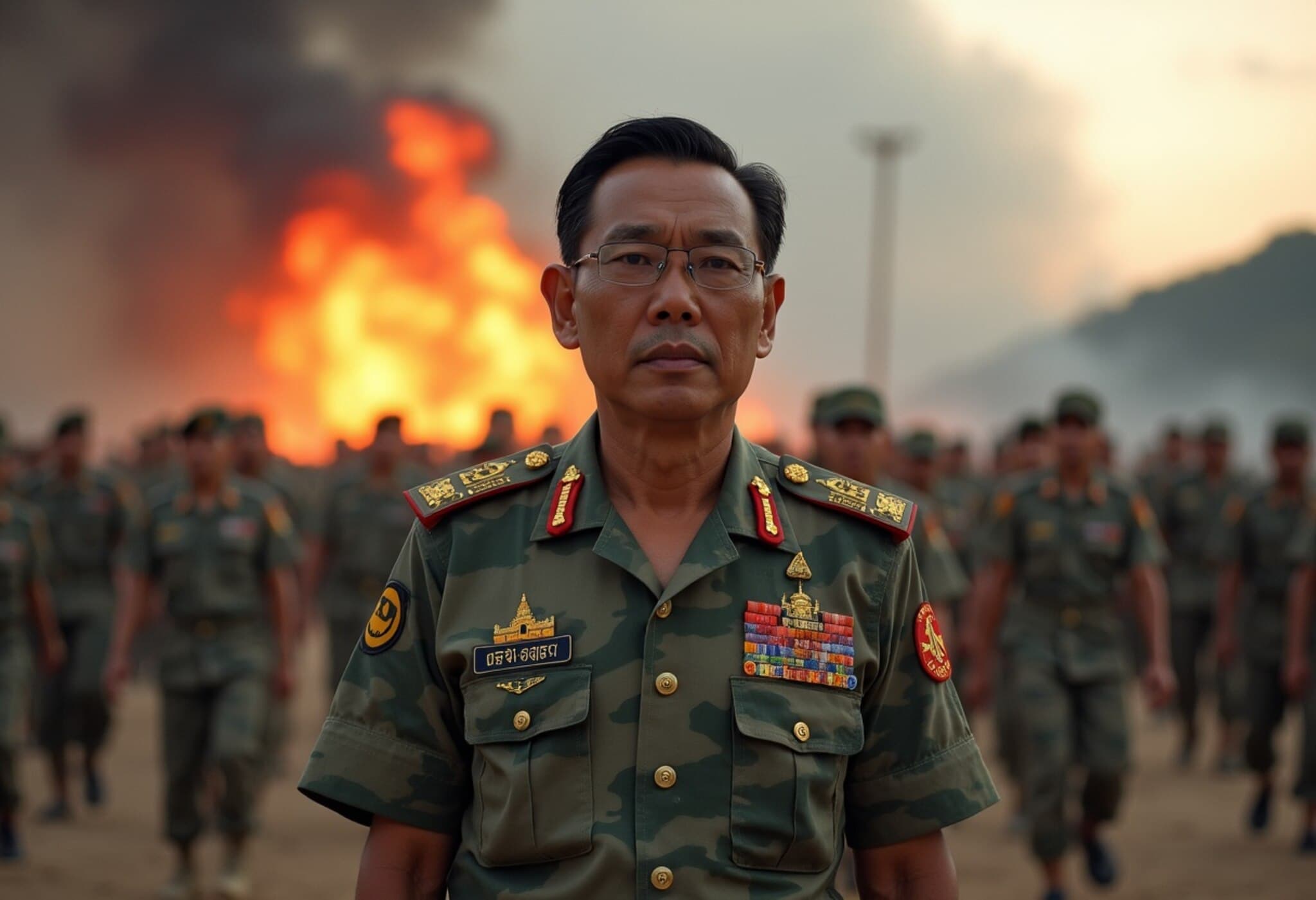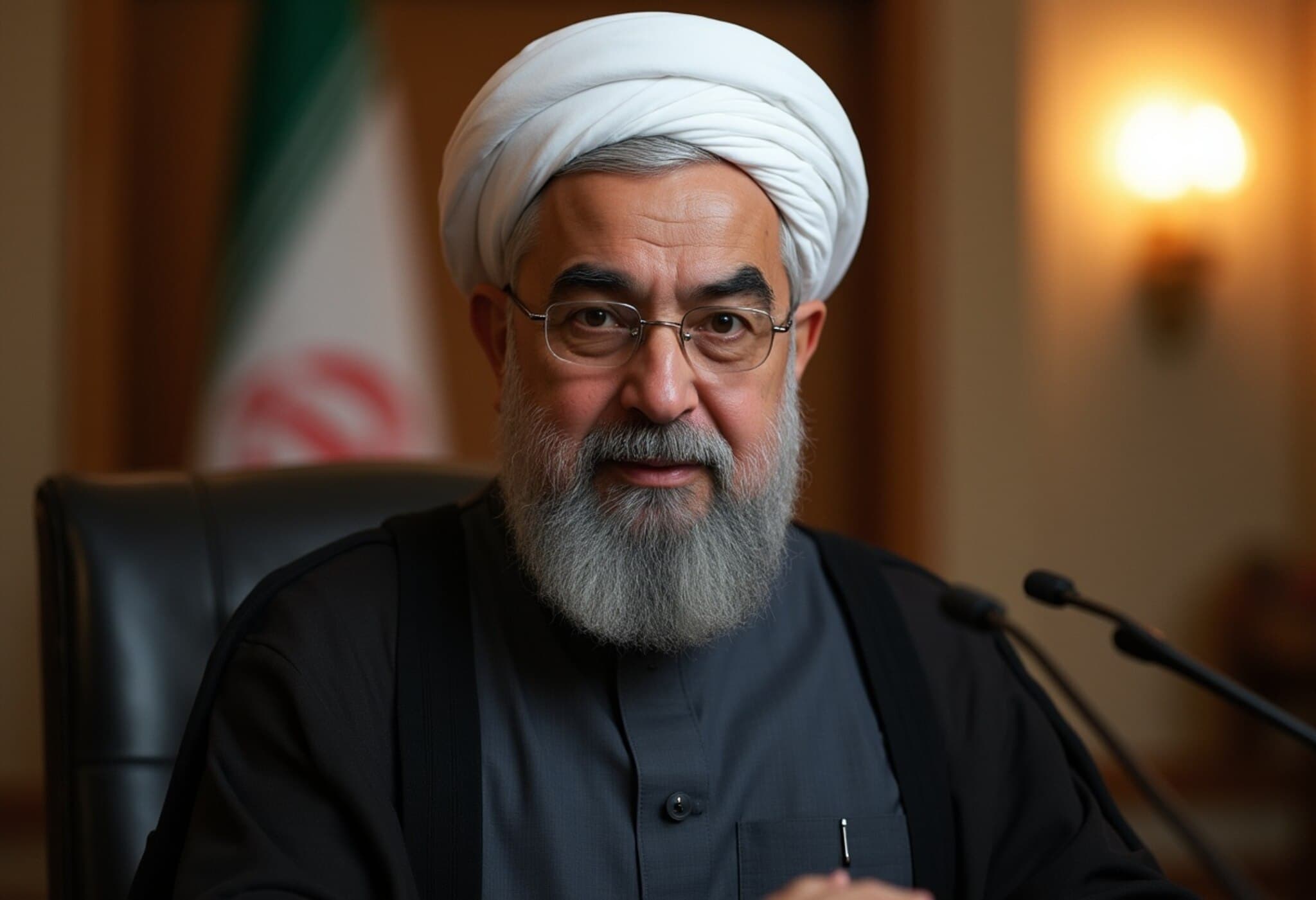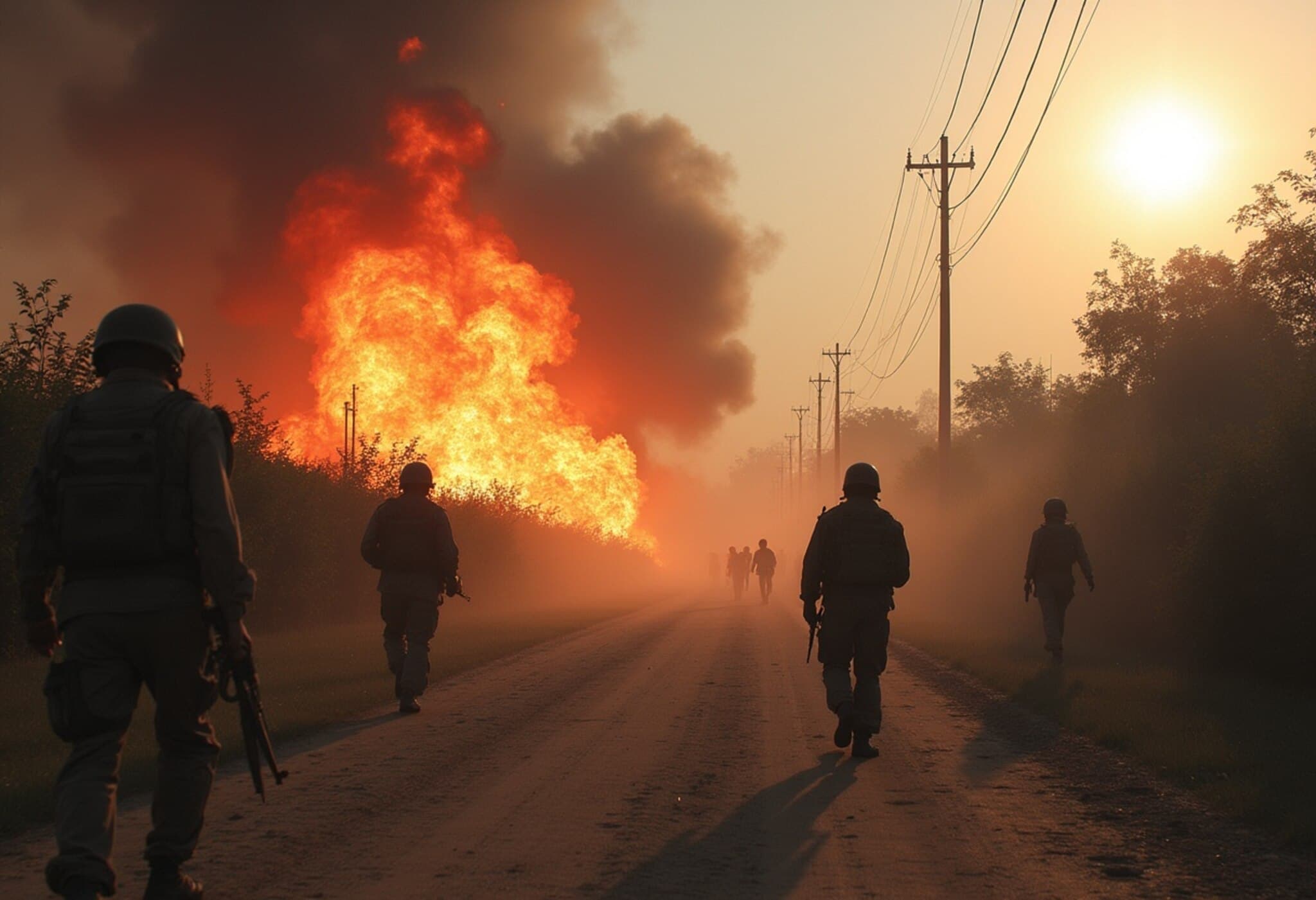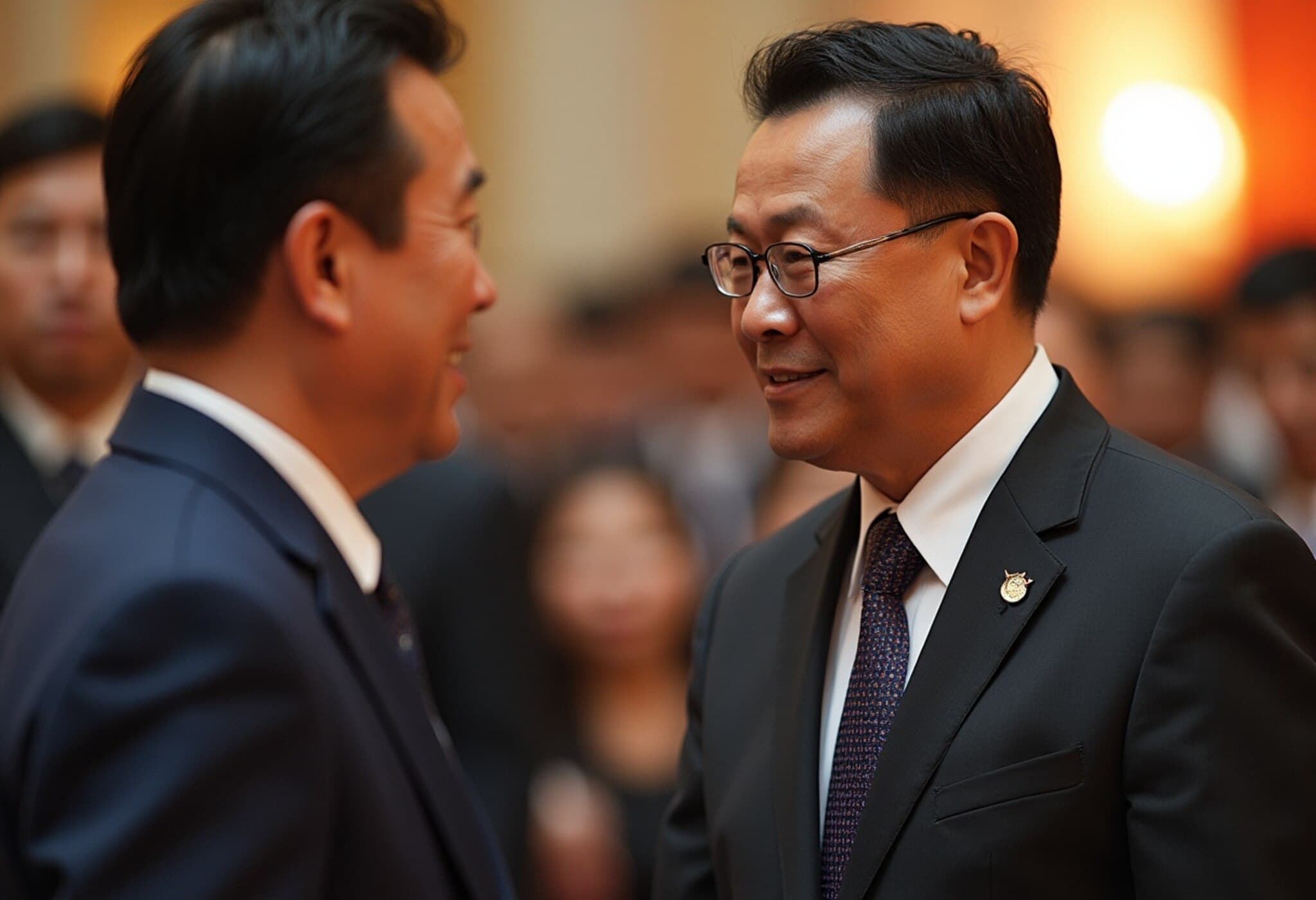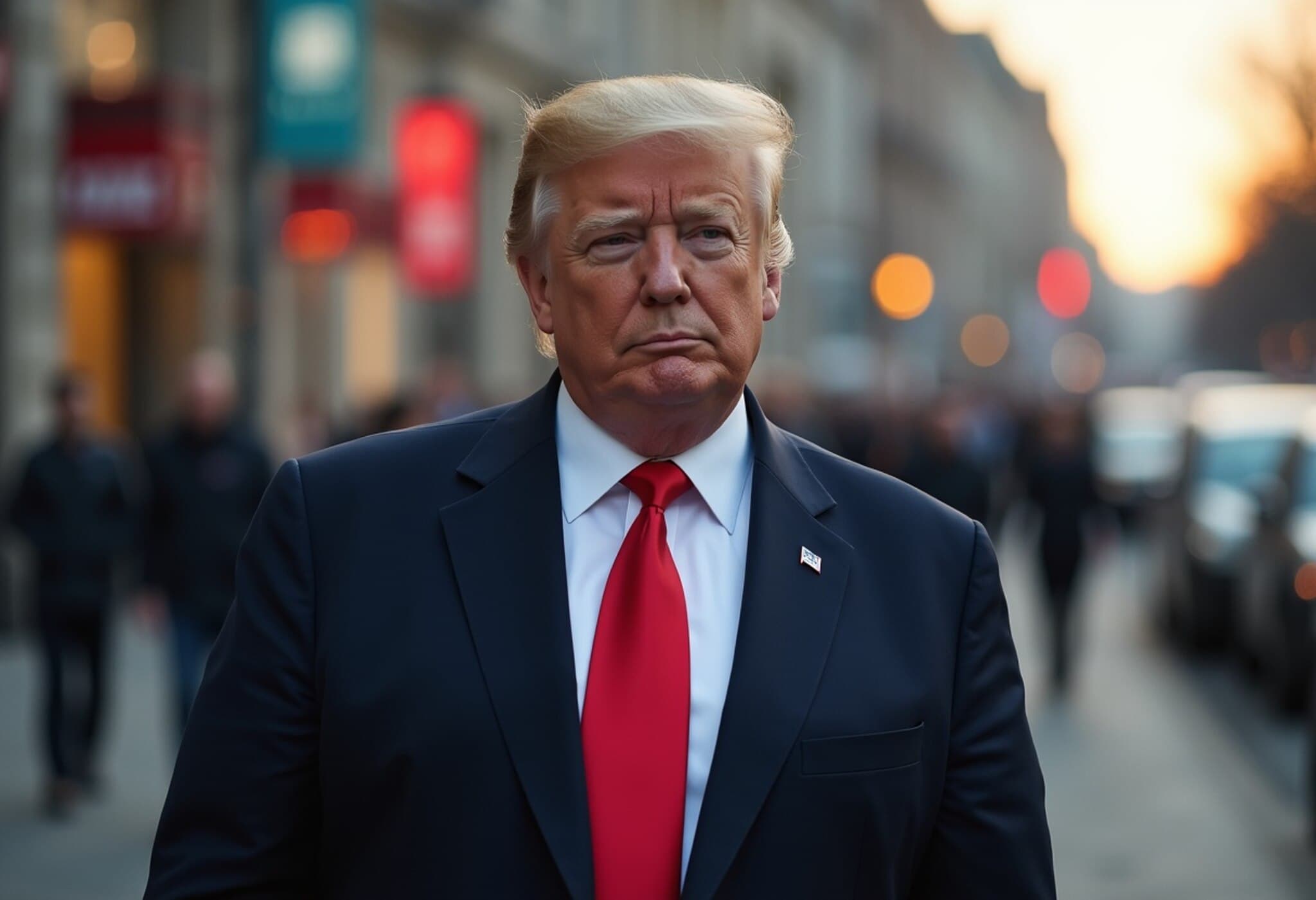Jungle Border Clash Ignites Political Firestorm in Southeast Asia
What began as a localized military skirmish in the dense jungles along the Thailand-Cambodia border has unexpectedly morphed into a broad political upheaval, impacting everything from cannabis businesses in Thailand to Cambodia’s citizenship laws and power dynamics among Southeast Asia’s elites.
Military Buildup and Political Consolidation in Cambodia
The longstanding border dispute — centered around the contested Emerald Triangle region — escalated recently after a Cambodian soldier was tragically killed. Seizing on the crisis, Cambodia's former Prime Minister turned Senate President Hun Sen, a dominant figure in Cambodian politics for decades, is leveraging the tension to reinforce his family's political stronghold through the Cambodian People’s Party (CPP).
His son and current Prime Minister, Hun Manet, has announced the activation of a seldom-used law mandating military service for young men between 18 and 30 years old, alongside a significant uptick in defense spending focused on modernizing weaponry and expanding personnel. For a country ranked among the world’s poorest, Cambodia’s reliance on China’s political and financial support is critical to sustaining this military expansion.
Analyst Perspective: Gordon Conochie, a Southeast Asia democracy expert, notes, "Cambodia’s armed forces are far from neutral; they're instrumentalized by the CPP as a mechanism for securing loyalty and patronage, explaining the remarkable proliferation of general ranks within their ranks." This reflects a strategic intertwining of military and political power that fortifies Hun Sen’s grip.
Controversial Citizenship Amendment Raises Human Rights Concerns
Adding a new dimension to the fallout, Cambodia’s CPP-controlled National Assembly recently greenlit a constitutional amendment granting the government authority to revoke citizenship from those it deems “treacherous.” Human rights advocates fear this broad term could be wielded to silence dissenters and opposition leaders, many of whom reside as exiles in Thailand. Hun Sen himself implied the border clash served as a convenient pretext for this sweeping legislative move.
Thailand’s Political Turmoil Deepens Amidst Border Dispute
The geopolitical tension has not spared Thailand’s ruling elite. Prime Minister Paetongtarn Shinawatra, scion of the influential Shinawatra political dynasty, finds her leadership severely undermined following the leaked phone call with Hun Sen. In the call, her candid remarks shocked Thai public opinion and led the coalition partner, the Bhumjaithai party, to exit the government, depriving it of legislative dominance.
This setback forced the government to withdraw a highly contentious casino bill and reconsider policies on recreational cannabis — a notable reversal given that 17,000 licensed cannabis parlours had emerged since legalization in 2022. The fallout has sparked closures and uncertainty among these businesses and associated farmers.
Legal and Cybercrime Dimensions in the Borderlands
The border strife has also escalated law enforcement scrutiny, highlighted by the Thai Criminal Court’s recent arrest warrant for Cambodian Senator Kok An. Dubbed the “Godfather of Poipet,” Kok An is suspected of enabling widespread scams and cybercrime operations linked to casinos along the border town of Poipet. This revelation underscores the symbiotic relationship between corruption, organized crime, and political patronage in the region.
Expert Insight: Harvard visiting fellow Jacob Sims details how "endemic corruption protected by political elites perpetuates trafficking and cybercrime in Cambodia," a critical but underreported dimension of this cross-border tension.
Risks of Escalation and Regional Stability
At the local level, daily confrontations continue at disputed sites like Ta Muen Thom temple, where Thai and Cambodian soldiers frequently engage in heated stand-offs. Such incidents carry the risk of igniting a full-scale armed conflict between two nations with complex historical grievances.
Meanwhile, Hun Sen skillfully capitalizes on nationalist sentiment to consolidate authority, while snippets of diplomatic intrigue and political fallout ripple through Thailand’s vulnerable government.
Looking Ahead: Questions and Implications
- How will Cambodia’s military expansion and citizenship laws reshape domestic governance and civil liberties in the coming years?
- Can Thailand’s political coalition survive in light of the fallout from the leaked call and coalition fractures?
- What role will external powers, particularly China and the U.S., play in mediating or exacerbating this simmering border conflict?
- How can international law and human rights frameworks address the emerging authoritarian measures and transnational crime links?
Editor’s Note
The Thailand-Cambodia border clash uncovers far more than territorial disputes — it reveals the intricate tapestry of Southeast Asian politics, where nationalism, corruption, family dynasties, and international interests intertwine. This unfolding crisis is a prism through which to understand how fragile peace in contested regions can become a tool for political maneuvering and how seemingly isolated events resonate deeply across societies and borders.
For policymakers, journalists, and citizens, the imperative is clear: to watch closely and critically, and to question the narratives as well as the power structures behind this evolving drama.

